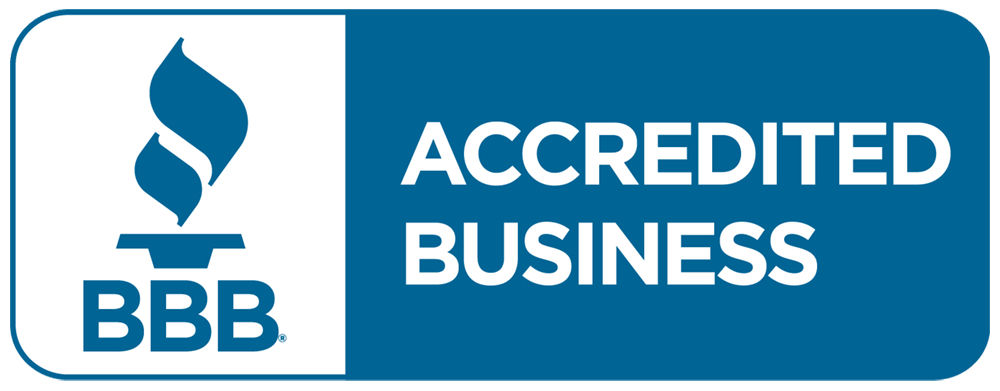A surprising number of people see bankruptcy as a sign of personal failure. There is a lot of assumptions about what leads people to file for bankruptcy. There are certainly people who file because they spent too much on their credit cards or develop a gambling addiction, but those people are actually in the minority of filers.
Modern bankruptcy statistics show that one issue dominates as the primary reason that people eventually file for bankruptcy. Roughly two-thirds of those in need of bankruptcy reported medical issues as the triggering event that led to their bankruptcy.
Modern insurance leaves a lot of gaps
Those with health insurance through their employer usually assume they will have the coverage they need if they get hurt or become very sick. Given how rarely people need catastrophic coverage, it’s understandable that so many people don’t understand how vulnerable they are.
Many insurance policies have deductibles that are thousands of dollars. You will have to pay all of that out of pocket before the insurance company starts covering your care. Even once they do start paying, you will likely also have coinsurance, which makes you responsible for a percentage of the total cost, sometimes as much as 30% or more. There may also be co-pays.
Some insurance policies also have a maximum benefit, meaning that after you require a certain amount of care, they won’t pay for anything else. Additionally, cutting-edge treatments for cancer or injuries may not have full coverage. One car crash that causes a spinal injury, one fall that leads to a brain injury or one cancer diagnosis could be enough to leave someone with hundreds of thousands of dollars in medical debt.
Medical creditors can be downright aggressive
Hospitals and medical practices may have to provide care to save your life, but they don’t have to think about how the stress of their aggressive debt collection practices might impact your recovery. They could sue you, place a lien against your home or even try to garnish your wages when you get back to work.
Some people beat cancer, only to wind up with six figures worth of debt afterward. Others get hurt in a car crash and have a lifetime of both medical expenses and reduced earning potential. Those dealing with aggressive medical collection tactics or just overwhelming levels of medical debt may find that personal bankruptcy offers them the fresh start they need to enjoy their life after they recover from their medical issues.



